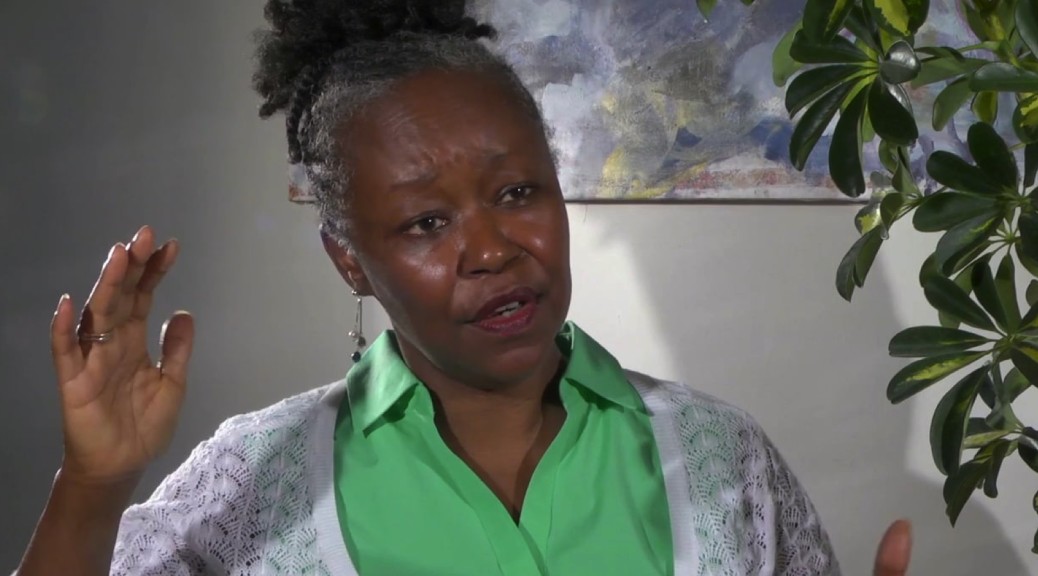FARAH GRIFFIN
William B. Ransford Professor of English and Comparative Literature and African-American Studies
The 2008 presidential election was the first time I noticed a change. Even though I was in my forties by then, but it was one of the first times that I really felt the generational difference between myself and my students. I had not felt it before, but I really felt it. It was because their assumptions about what was possible were so different from my assumptions. When Barack Obama enters into the field and says he’s going to run for president, I’m one of those people who thinks at the very beginning, that’s never going to happen. Like, really? Okay, he’s probably going to be one of the more viable candidates, but it’s just never going to happen, not in this country. My students, from the beginning, are like, “Yes, that could happen.” They had no sense that it’s not possible. At first, I think it’s because you’re so naïve and, “You wait, when racism slaps you on your face, you’re going to be shocked.” But then I had to figure out they’re not that naïve. I sort of came along. They were already there. I came along early on. I was like, oh, maybe this could happen.
For me, the sense that I would never see it in my lifetime, they didn’t have that sense. I’d stand up and I’d teach them and I realized that my assumptions about what was possible in this country, my country, was very different from their assumption, and that their assumption was, in many ways, right. Where my history mattered, that they didn’t have, is that I knew—once I realized it could happen, I knew that it wasn’t the end of racism or post-racial. I think they were hopeful that that’s who they were. I knew that it wasn’t, and I sort of felt badly, because I knew that—I was prepared for a backlash, and they were not. They were not. Their youth did not prepare them for that.

